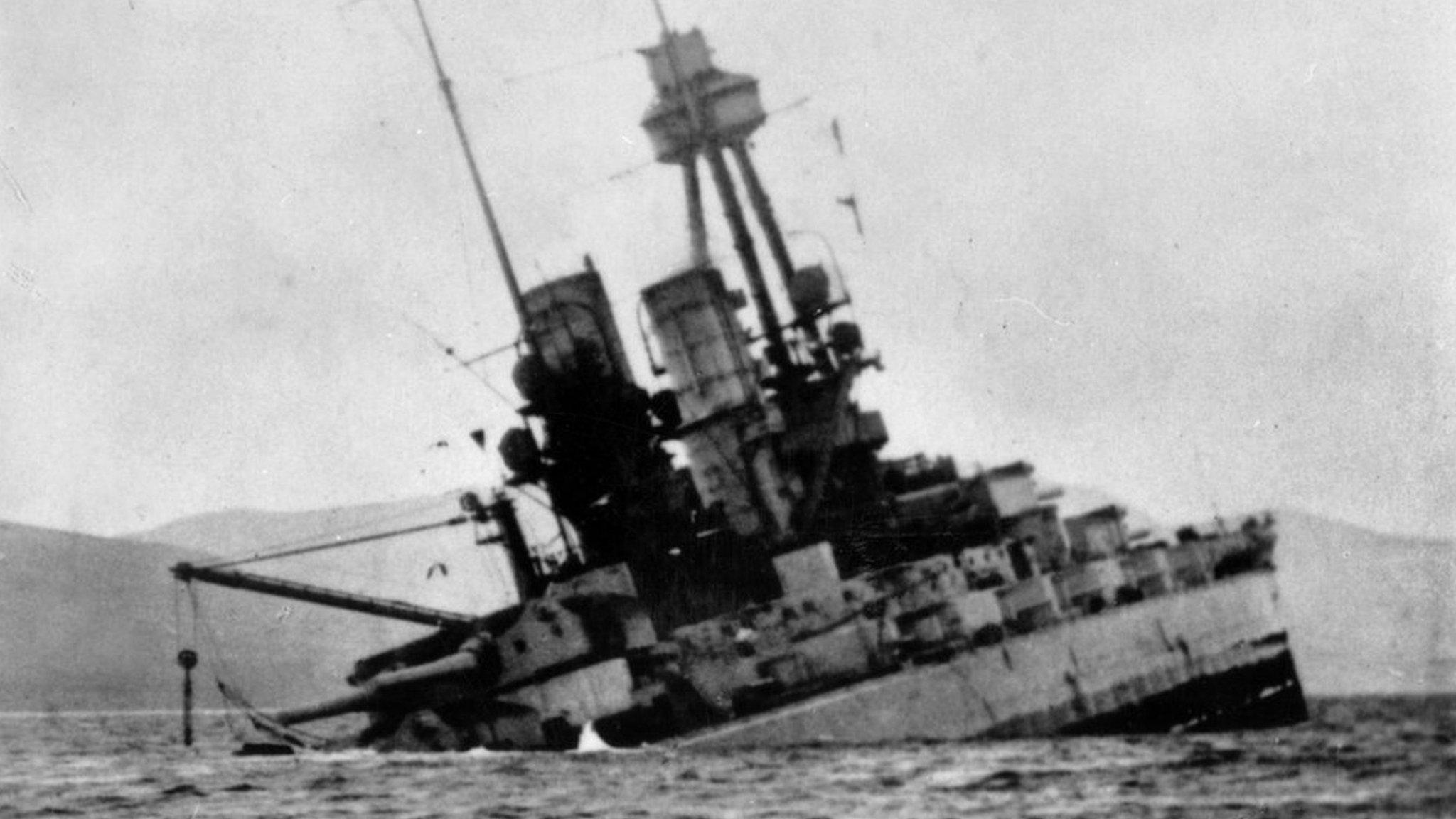Death of diver hit by propeller 'could have been avoided'
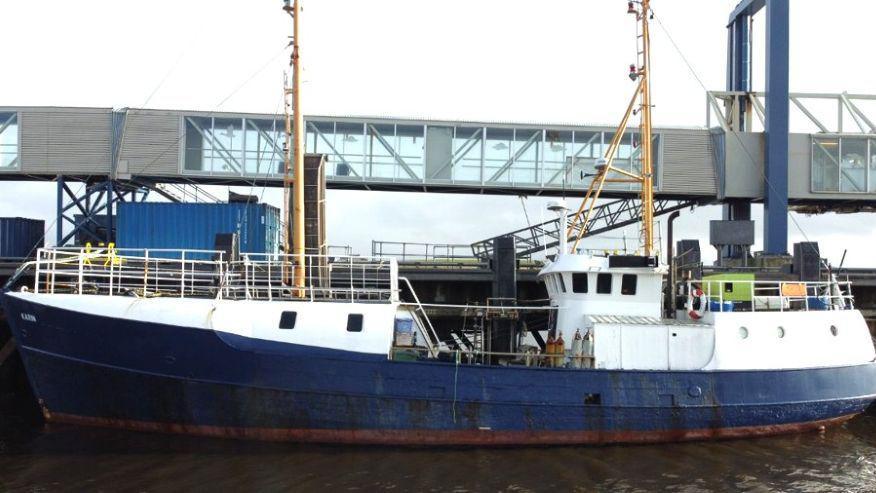
Paul Smith was struck by a propeller on the dive vessel Karin
- Published
The death of a diver who was struck by a boat's propeller off Orkney could have been avoided with "basic watchkeeping", investigators have said.
Paul Smith, 70, from Greater Manchester, was diving at the wreck of German battleship SMS Markgraf in Scapa Flow in 2023 when the accident happened.
A Marine Accident Investigation Board (MAIB) report, external said he had been diving from the Jean Elaine, and was struck by the rotating propeller of the Karin, another dive workboat.
Andrew Moll, chief inspector of marine accidents, said Mr Smith's death could have been avoided with the "basic principles of good watchkeeping".
The diver and his dive partner were carrying out a decompression stop on the morning of 28 September 2023.
The pair had released a delayed surface marker buoy while submerged to alert support craft of their presence, the line of which was attached to Mr Smith's buoyancy control device.
Although the buoy was visible to the second dive boat waiting on the other side of the wreck, it was not seen by Karin's crew, and the vessel motored over its position.
The MAIB said it was the responsibility of skippers to maintain an "effective lookout" at all times.
"This is vital when operating near divers in the water," the report said.
"Posting a dedicated lookout in an appropriate location is essential to make sure the person at the helm/skipper receives timely warnings of surfacing divers and allows for effective avoiding action."
It highlighted the need for detailed and frequent communication between operators when multiple boats intend to operate in the same area, to prevent accidents.
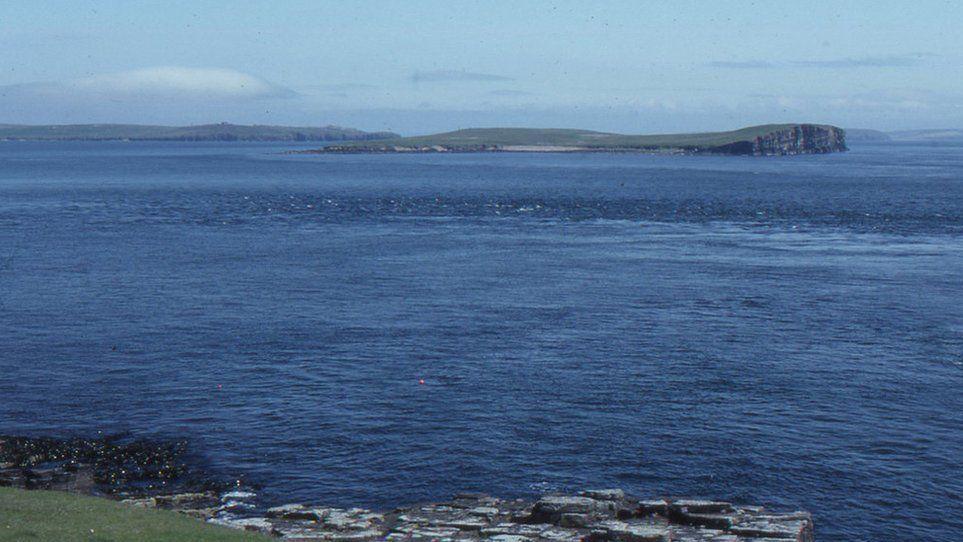
Scapa Flow is one of Europe's premier wreck-diving sites
A recommendation has been made to the Orkney Islands Council Harbour to conduct a further risk-based review of recreational diving operations for dive vessel operators.
This includes the development of a local code of practice for recreational diving operations.
Mr Moll, said: "Our findings highlight that all stakeholders, including operators, regulators, and industry bodies, must always prioritise the safety of those who are on the water, be that for work or pleasure.
"The basic principles of good watchkeeping: vigilance, clear communication and adherence to operational procedures for the activities undertaken are well tried and tested.
"Had they been followed during this event, particularly with two vessels operating in close proximity to submerged divers, this tragic accident could have been avoided."
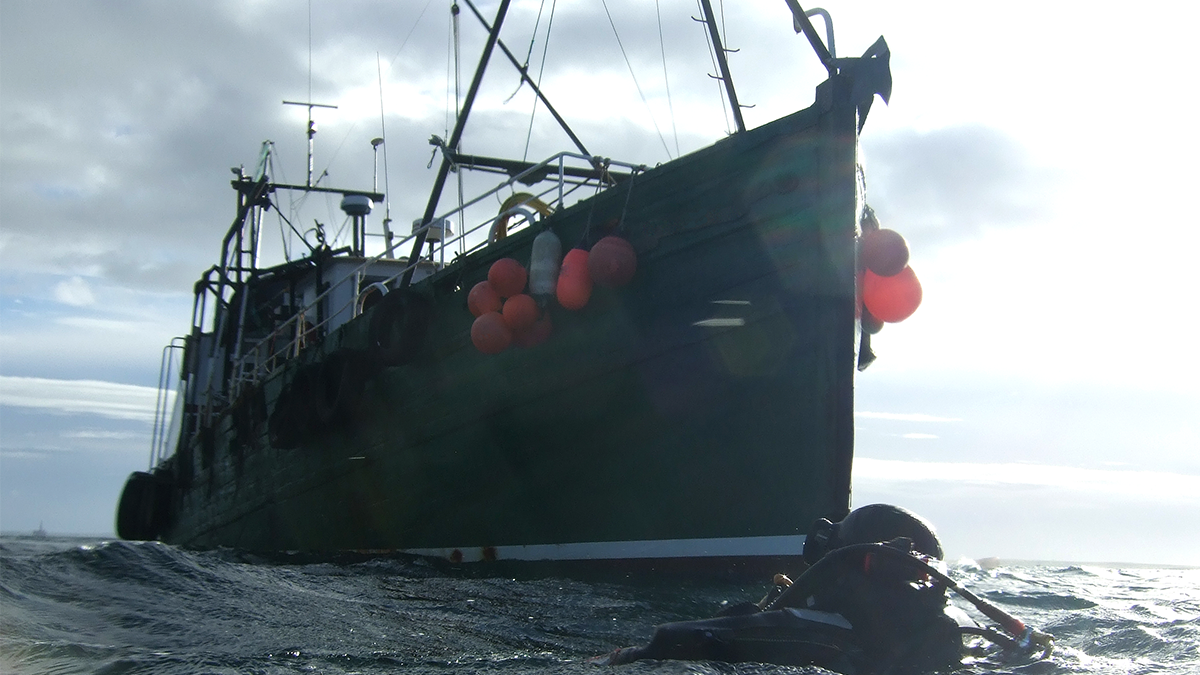
Fishing boat Karin acted as a diving support boat
More than 50 German ships were sunk in the waters off Orkney to prevent them becoming spoils of war on 21 June 1919.
During the 1920s and 1930s, many of the ships were lifted from the seabed by commercial contractors and broken up.
Since then it has become one of Europe's premier wreck diving sites and the seven ships that remain are now classed as scheduled monuments.
Related topics
- Published27 June 2024

- Published27 October 2023
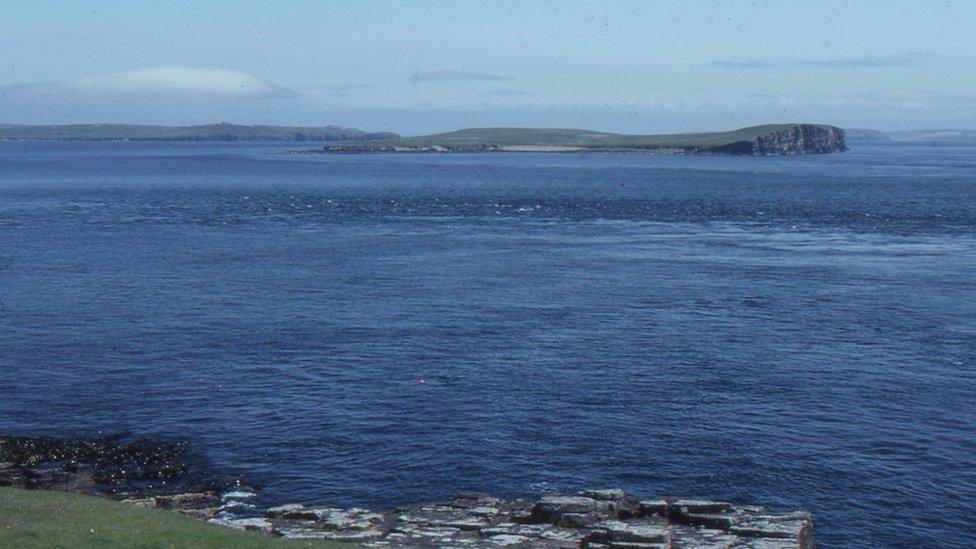
- Published21 June 2019
